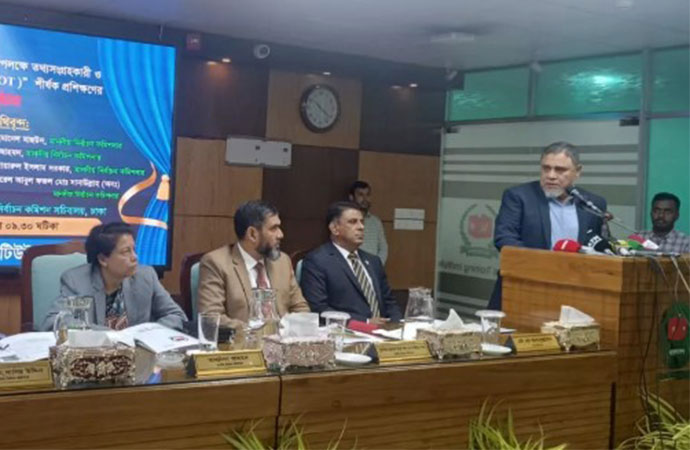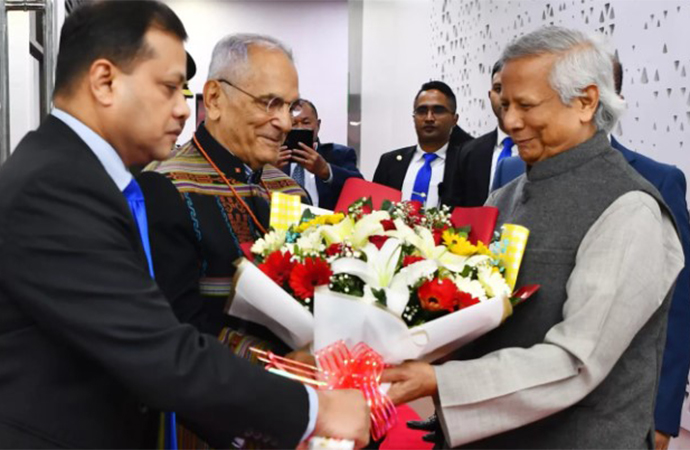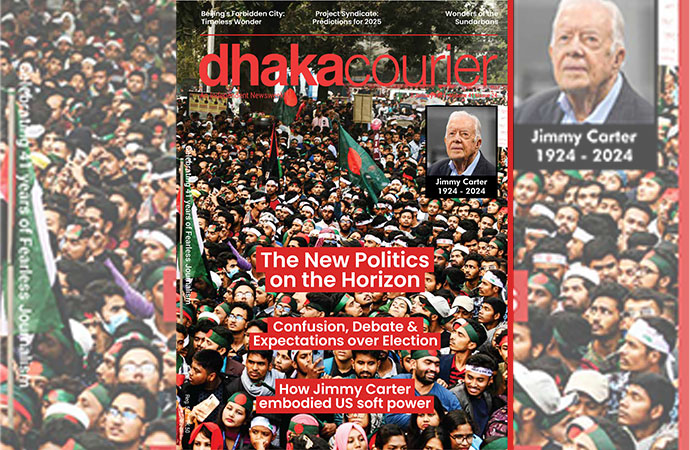Column

The incorporation of Kashmir as a part of the Indian state is over a month old and things have started to settle down. There are isolated cries of outrage but Kashmir didn't turn out to be the fiery mess which many had thought it would. Instead of global condemnation, it's being mostly ignored. Major international players haven't really paid much attention. Neither China nor the so-called Islamic world stood by Kashmir/Pakistan. Imran Khan has bemoaned this fact publicly.
The only people who condemned loudly were activists and Pakistan. Several militants have also urged Pakistan to act militarily. This is one support base Pakistan could do without since these are precisely the utterances using which India has sought legitimacy of its actions. Kashmir is low in in global media and could even disappear.
The nuclear bluff?
A little bit of nuclear talk has also been heard. India announced intent to upgrade its existing capacity and install new supersonic missiles that can strike before Pakistan could act. However, it's not a mystery what Pakistan will now try to do.
Pakistan will not depend on mavericks like Abdyl Qader Khan as it did in the last round. If China feels threatened by nuclear advances of India, it may already be in talks with Pakistan to act as the regional nuclear power equalizer. Weapons in both hands are better as deterrents than a threat provider. No side can claim a bonus.
Why India took the step to gather Kashmir into its formal fold appears to be more political than security. The festering Kashmir issue which led to insurgencies however remains. Indian actions may well be easier to take against militants now but militants within Kashmir may continue to cause problems, though at a lesser level. Indian attention on Kashmir may also increase as indigenous resentment is rising and that may translate into political action. Military presence may create a restive region within India and become what the North East is/was.
How much can India gain?
Whether India could have tried harder to make itself more popular in Kashmir rather than take over will remain a question. Insurgencies can be supported by the enemy but not created. It lies in the perception of common interest and benefit by the insurgents. In Kashmir, India is not considered a friend no matter what Pakistan is seen as by default.
However, there is no question that Modi and BJP are both politically more popular than before within. If that was the objective its fine but if its linked to its returns on investment in other sectors as well, questions will be asked. An extra headache of directly managing Kashmir has been added and India has lost a chink of its shine as a protector of its minorities. The Chinese do look bad because of the Uighur repression but India can't claim to be far behind even though blood has not been shed in Kashmir yet.
The Assam problem
The other problem that India has fished out for itself is the Assam NRC list. Unlike Kashmir, chucking "Bangladeshis" from Assam there has no strategic advantage and no safety from terrorism either. It's actually not even an area of interest for Jihadists. The biggest threat there was from ULFA, an adibasi insurgency that is now gone after Bangladesh stopped giving sanctuary in the AL regime post 2008.
So the reason why India went through this exercise can only mean it's a branding exercise for the BJP. Given its current domestic clout one wonders why it needs this. There appears to be no other benefit as these very poor people were not even much of an economic competitor but of course a great political and vote getting issue which was already used. However, with Hindus also included in the list, it's no longer that useful a political product given the political climate.
The result of such actions is that, the region is becoming unsettled. India is losing confidence of its allies such as Bangladesh and concurrently China's stock is rising in the region. India can't be liking any of the consequences.
India has not delivered any major economic milestones to its people but mostly political ones. The economic scenario is not a shining picture for India right now. India is facing a middle income country stall crisis with growth projected for the lowest in decades.
Economics ignored?
India's unemployment is 6.1 % the highest in 45 years. There is not enough job creation to feed the 1 million new job market entrants annually. Since India's growth is consumption not investment driven, indexes are declining. GDP growth has slowed expecting to sink to around 5.7%. The private sector is also unwilling to invest as the global economy is paling.
Perhaps the government's priority is captured best by a major Indian tycoon, Adi Godrej, the chairman of the Godrej conglomerate, who told Indian media outlet Business Standard that "the speed of decision-making is very good for example in Kashmir, but the speed of decision-making on business matters is not good."
BJP has to decide if political gains can match economic losses.

























Leave a Comment
Recent Posts
EC will ensure everyone's voti ...
Chief Election Commissioner (CEC) AMM Nasir Uddin on Sunday said the E ...
The Forbidden City: A timeless ...
For foreigners exploring Beijing, the Forbidden City stands as a magni ...
2025: Moin, Mamun elected DCAB president, general se ..
Dhaka's ties with Delhi won’t get stuck on single is ..
Old state, new society
A foreign policy imperative for the year ahead